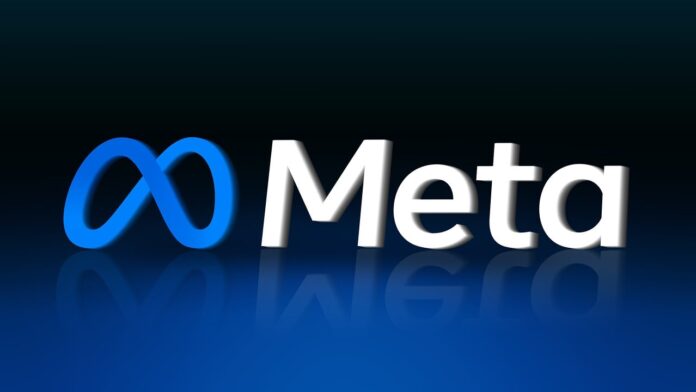Meta, the parent company of Facebook and Instagram, has announced its decision to remove independent fact-checkers from both platforms.
Instead, it will implement a system similar to the “Community Notes” introduced by X (formerly Twitter), allowing users to comment and provide additional context about the accuracy of posts.
Reasons Behind the Decision
Criticism of Political Bias
Mark Zuckerberg, CEO of Meta, stated that independent fact-checkers had become “too politically biased” and that it was time to “return to our roots of free expression.” This decision comes amid consistent criticism from political groups, particularly the Republican Party and President-elect Donald Trump, who accused Meta of censoring conservative voices.
During a press conference, Trump praised Meta’s decision, noting that the company has “come a long way” in its approach to content moderation.
Joel Kaplan’s Influence
Joel Kaplan, a prominent Republican who will replace Sir Nick Clegg as Meta’s head of global affairs, explained that while the intention of fact-checkers was good, the outcome often led to censorship.
Kaplan wrote, “Too much harmless content is censored, and too many people are unfairly banned on Facebook.”
Reactions to the Change
Campaigns Against Hate Speech
Organizations like Global Witness have strongly criticized Meta’s decision, claiming it’s an attempt to align with the Trump administration.
Ava Lee of Global Witness said, “Zuckerberg’s announcement is a blatant attempt to cozy up to the incoming Trump administration, which will have harmful implications.”
Fact-Checking Organizations
European fact-checking organization Full Fact voiced concerns over Meta’s decision, describing it as a major setback in the fight against misinformation.
Chris Morris, CEO of Full Fact, labeled the change as “disappointing and a step backward that could have global ripple effects.”
The Community Notes Model
Meta plans to adopt a model inspired by X, where users with differing perspectives can add contextual notes to controversial posts. This system will first be rolled out in the United States, with no immediate plans for deployment in the United Kingdom or the European Union.
How It Works: Community Notes will only appear if users from diverse viewpoints agree on the content, promoting a balanced perspective.
Elon Musk, the owner of X, celebrated Meta’s decision, calling it “awesome.”
Concerns About Safety
Sensitive Content
Organizations like the Molly Rose Foundation have expressed concerns about how the removal of fact-checkers could impact the moderation of sensitive content related to suicide, self-harm, and depression.
Ian Russell, the foundation’s president, warned, “These measures could have devastating consequences for many children and young people.”
Meta responded by stating that content violating its suicide and self-harm policies will still be treated as a high-severity breach and subject to automated moderation.
Looking Ahead
European Regulations
Meta’s decision contrasts with recent regulations in the U.K. and Europe, where tech giants are being required to take greater responsibility for hosted content under the threat of severe penalties.
Cultural Shift
Kate Klonick, an associate law professor at St. John’s University, noted that Meta’s decision reflects a growing trend toward deregulating online speech.
“Tech companies are undergoing a dramatic shift toward free expression, moving away from trust and safety mechanisms that were once prioritized,” said Klonick.
Freedom of Expression
Meta is at a pivotal moment in its content moderation policy, prioritizing freedom of expression over fact-checking.
While some sectors have welcomed this move, it has also drawn sharp criticism from organizations and online safety experts. The success of this new approach will depend on its implementation and the impact on the quality of information circulating on Meta’s platforms.



